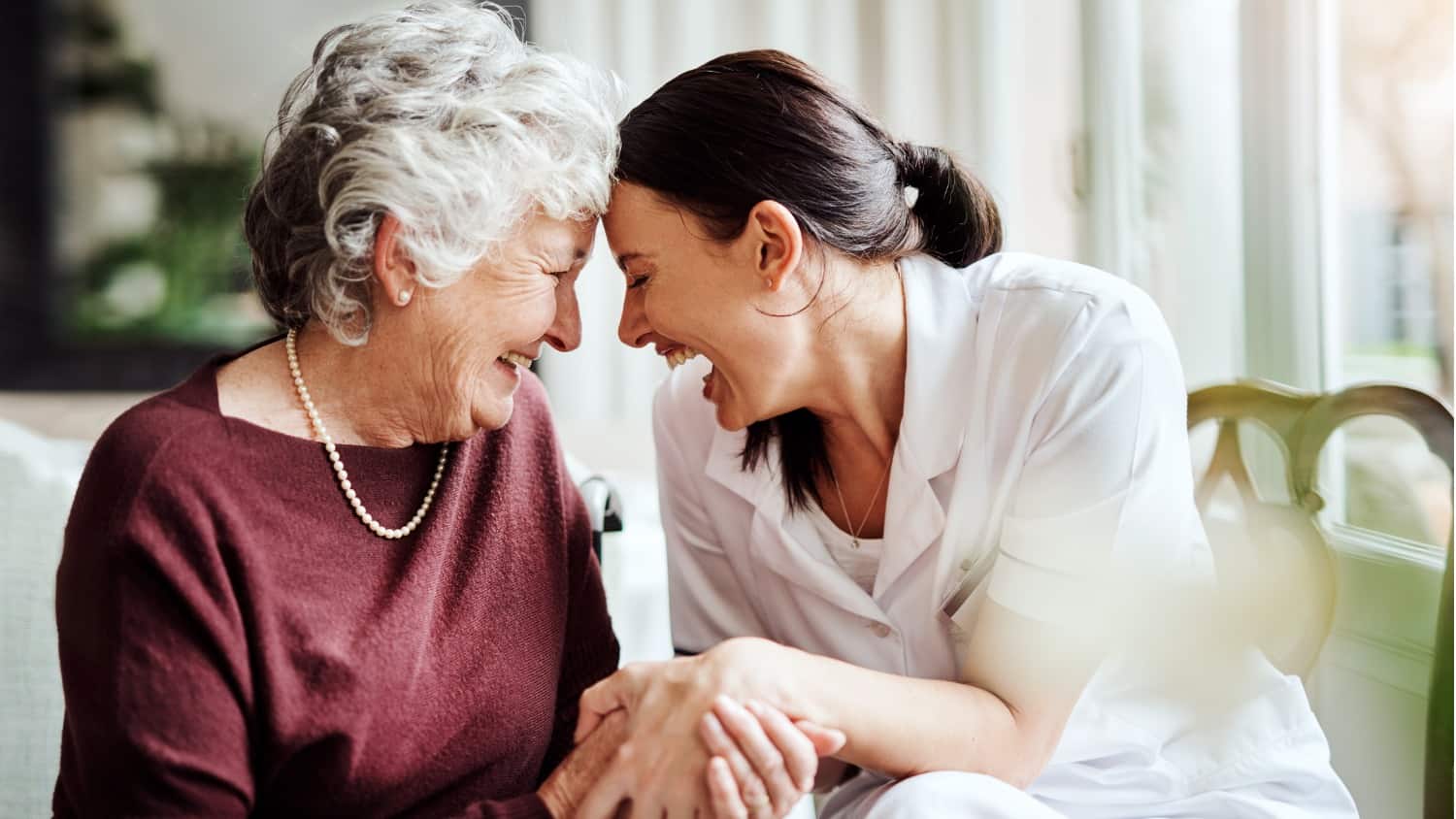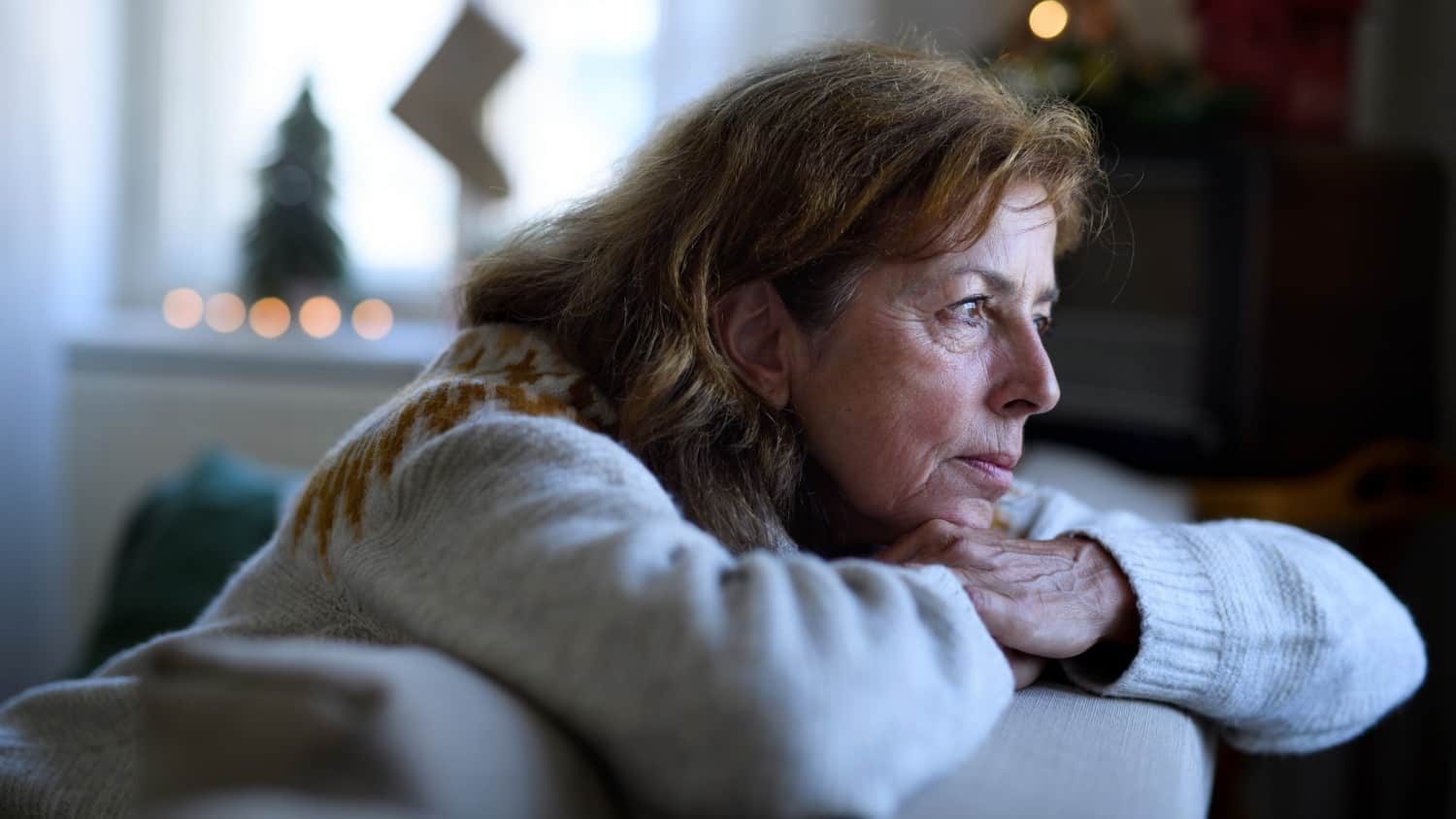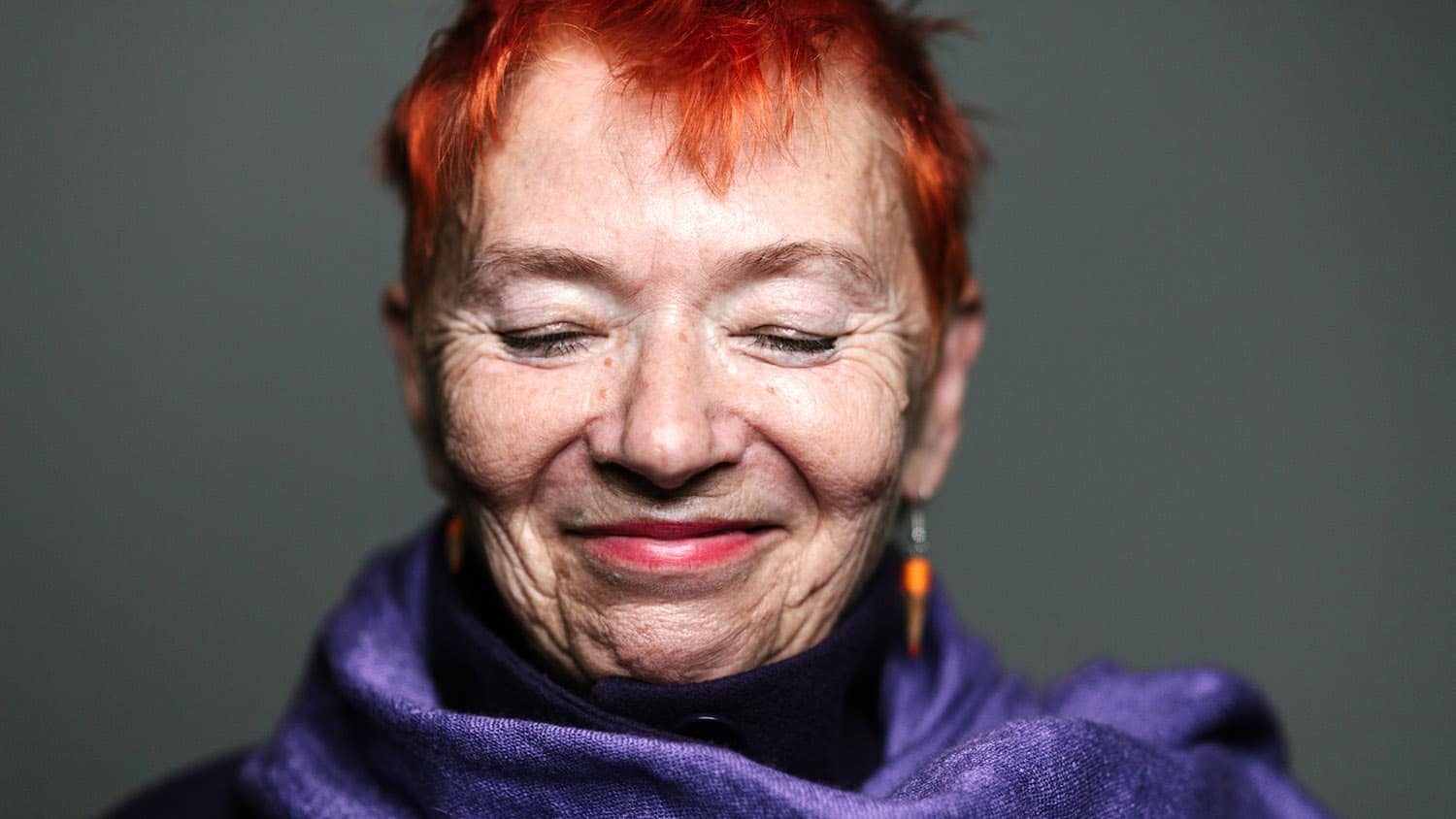
How Much Do We Owe Our Aging Parents?
There are approximately 44 million adults in the United States of America caring for their aging parents. People are living longer. With this comes the stress of being older ourselves when our parents need a caregiver.
Many people over 60 have found themselves the primary caregiver of a parent. As we age, we often have numerous health issues of our own to contest with and are yet expected to function as a caregiver to our parents. The demands of caregiving are great, both physically and emotionally.
The Rules of Caregiving for Aging Parents
So, what are the rules? What do we owe our parents and what do we owe ourselves? As you have probably already guessed, there is no set answer, but it is certainly worth a discussion to make this time in your life and your parents’ life as smooth and enjoyable as possible.
First of all, we owe our parents, at the very most, not more than we can give. It’s been said many ways. “You cannot pour from an empty cup.” “Put on your oxygen mask first before putting the oxygen mask on your child.” “You are not required to set yourself on fire to keep others warm.”
The point being, you need to take care of yourself first in order to take care of a parent. Maintain your health so that you can be there for your parent as long as possible and at your best version of yourself. So, eat healthy. Get exercise. Make sure you plan fun things for yourself to do on your own so that your mental state is happy and clear.
Get Help If You Need It, And You Probably Will
Of course, getting help is a lot easier said than done. Use all of your resources; that often means family members. There have been siblings that have done this exquisitely; putting together schedules and each one being equally responsible to care for the parent and respite of the other siblings.
But naturally, things have unfortunately gone the other way, where siblings feel slighted and resentful, and strife breaks out.
Many parents eventually get to the stage where they need 24-hour care and monitoring. That is three eight-hour shifts seven days a week. It would take over four full time employees to do this job. Do not run yourself ragged, destroying your physical and mental health and providing inadequate care to your parent.
I Do Believe We Owe Our Parents Empathy
This situation is hard on the caregiver, but it is also very difficult for the parent. The shift in dependence and power is profound and hard for many parents to accept. Your parent who was your caregiver now finds they are dependent on your care. They are often helpless in this situation, and it can be scary and humiliating. We need to take to heart what our parents are feeling.
Financial Matters
Here is where the dreaded M word rears its head. Money. There is the emotional strain of caring for a parent but there is also often a large financial strain involved. Often, we need to hire in-home care providers for a parent or if the demands are just too great, they will need to be housed in assisted living or a skilled nursing facility.
All of this is very expensive. Your only recourse is to look at all available resources and options and decide what works best for you and your parent.
Insurance is one option. Does your parent have nursing home coverage with their medical insurance and if so, how long will that medical insurance pay for care? Does you parent have long-term care insurance? This, of course, is a wonderful resource.
If your parent is not yet needing care, this may be a good time to discuss purchasing long-term care insurance for the future. If your parent is resistant or unable to purchase long-term care insurance, you may want to pay for it. After all, the insurance may actually be more for your benefit than theirs. If your parent owns their home, a reverse mortgage may free up enough money to pay for in-home care.
Dementia
There are many forms of dementia; senile, Alzheimer’s, Parkinson’s, etc… But they all result in impaired mental status. If your parent has dementia, the effects are often heart wrenching and confusing. Here you are caring for a loved who no longer seems to be your loved one.
There may be startling personality changes and your parent may become very cruel. You are accustomed to respecting their wishes, but these wishes may no longer be sound. There is a good rule to give yourself when you are feeling uncomfortable about doing something that your parent with dementia requests or demands.
Think of your parent as they were five or ten years before they developed dementia. Imagine that parent with their healthy brain time traveling and being able to see you interacting with them now. Most of the time if you are honest with yourself, you will realize how mortified that younger version of your parent would be to see what they are putting you through.
Think of what advice that younger parent would give you. A lot of the time, they would tell you to firmly say no to that version of themselves with dementia, and they would tell you not to listen to the awful things they say. And they would certainly say they love you and appreciate you taking care of them. If you are looking for the parent with dementia to show appreciation and love, often that would never happen.
Strain on Relationships
There is certainly a strained relationship between you and your parent once you take on the role of caregiver, but there are many other relationships that are collaterally strained as well. I have already mentioned the strain on sibling relationships. Having to take on the role as caregiver of a parent can also put tremendous strain on a marriage.
You and your spouse may have had plans for your “golden years.” Maybe you were looking forward to retiring and traveling and taking up hobbies. That can all be taken away very quickly when one of you takes on the role of caregiver to a parent. Resentment and/or depression may set in.
As you care for your parent, it is extremely important that you take extensive care of your relationships also; spouse, family, friends, etc… Go to counseling or support groups with your loved ones or at the very least on your own.
Family Caregiver Alliance is an excellent resource for this. It is true that maybe there is no way around the loss of time and money accompanying being a caregiver; making your relationship different but still very treasured. Let your loved ones know how much they mean to you so that you can carve out this new life together. Often the relationship may be even stronger.
The Upside
Finally, lets discuss the beauty and enjoyment of caring for a parent as we ourselves age. Yes, it is stressful and hard on your body and mind, but there is also a lot of fulfillment that comes along with this role and this time in your life.
There are few greater words that provide you with such gratification as care and giving. Put them together and you feel whole and at peace. The process of helping someone through their end of life period can be magnificent.
What’s it all about? What is the meaning of life? You may feel like you finally get these answers as you usher your parent through the end of life transition. You get to reflect on a long life and what it meant to them and you. Even if your parent’s mental status is not capable of remembering, you do. You may surround your parent with photos and memorabilia of hopefully a full and interesting life.
What We Owe Our Parents and Ourselves
Whether you find yourself as a caregiver for a parent out of love or duty or fulfillment of cultural and familial norms, there are certain things we absolutely owe our parents and ourselves. They are actually the same thing!
The essentials owed to both parent and yourself are love, happiness and fun. Be kind and show how much you love your parent and yourself. Do not expect reciprocation and gratitude from you parent. It is called caregiving, not care receiving.
Find as much happiness as you possibly can for your parent and you. Discover separately what makes your parent and then you happy. Snatch as much happiness out of this world as possible. Set time aside for you to do what you love and enjoy that time one hundred percent guilt free.
Your parent gave you life and they meant for you to relish and savor it. You may think happiness and fun are the same thing, but they are not. Happiness is a more peaceful, satisfying feeling that permeates through possibly long time periods. Fun is sheer joy, amusement and playfulness.
If achievable, make sure your parent has fun. If your parent is at some point incapable of having fun, be at peace knowing you can only give to your potential. You, on the other hand, owe yourself activities and time for pure, childlike fun. Make sure to make this happen.
We are all aging and stumbling through this thing called life, looking for guidelines to live in tranquility and contentment. Every parent-child relationship is different and constantly changing. You will need to find what works best for the two of you and enjoy the journey.
Let’s Have a Conversation:
Are you currently having difficulty managing your aging parent as you age? What have you learned from this experience? What has worked well for you in this situation? Please share your thoughts.







Great article about elder parents. My mum died in 1980 when I was 19. As I was a very late addition to the family my dad was in his early 60s – about the age I am now.
I moved from London to Scotland in my early 20s for employment reasons and happily met my husband there shortly after.
In 2002 we decided we wanted to leave London and the plan was to move in with my dad so he’d be looked after in old age. I went to Scotland first and once settled, started going to job interviews in Edinburgh. However, my dad started to display strange behaviour and it became evident he was in the early stages of dementia.
It progressed, he was assessed by a geriatric specialist who diagnosed vascular dementia and told us brain deterioration would be rapid. I looked after dad at home until he was in the middle stages and becoming very confused and sometimes violent. He went into a hospital secure geriatric unit then a care home where he died in 2005.
I wouldn’t trade the time I spent with dad for anything. When he was still fairly lucid I had some wonderful personal conversations with him which are treasured private memories for me.
12 months after dad died I was diagnosed with an aggressive form of breast cancer. I would honestly say this was easier for me to deal with than watching my dad go down the lonely route of being locked in his own mind and no longer recognising us.
He left us his house, it was the family house and a great comfort to me when I was very ill.
I once had a dream about sitting talking to him and I was saying I might be joining him soon, to which he replied not to be silly, he wouldn’t be seeing me again for a very long time.
And here I am, 17 years on from being life threateningly ill, still surviving and still thriving!
Great article addressing elder parent concerns. My father lived to be 92 years old. He lived in a different state than I do. My unmarried younger brother, ended up being our dad’s care giver. I helped our dad after both his hip surgeries, but that is all. My brother inherited all of my dad’s asset’s. I was glad to relinquish any inheritance, believing my brother earned what he received in my dad’s will. I could not have helped my dad anyway, given the fact that I have Lupus and many other health issues. I am lucky to get out of bed each day, truthfully.
“We owe….not more than we can give”. That pretty much says it all. Thank you for this article as I am heading into this part of my life soon.
Such a great article. I was blessed to help in the care of my aging parents. I did just what you said. We were fortunate my parents had money to hire a caregiver so they could stay in their own home. I visited often and gave them the dignity they deserved. I was with my mother when she died and am so grateful for the privilege. As a hospice nurse I know often times that doesn’t happen. I do agree the most important part is self care first.
It is indeed a great privilege to be with someone in their last moments. Sitting with my father took any fear of death away from me. Important as I was facing my own serious health worries a year later.